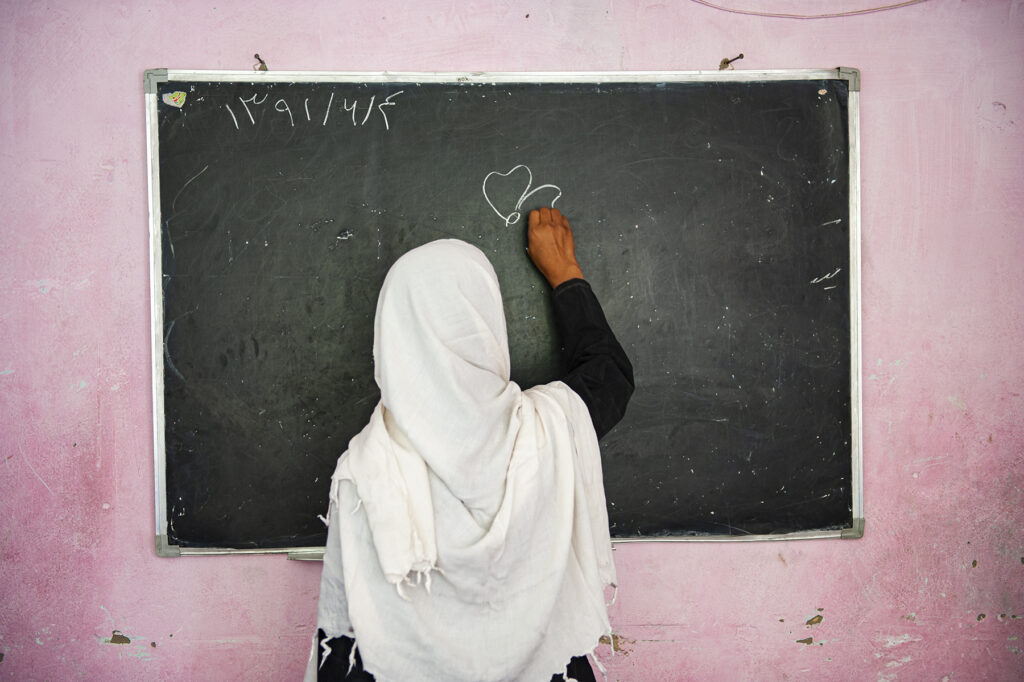
I travelled to Afghanistan with Roberta Staley in 2012 to see firsthand the work carried out by Canadian Women for Women in Afghanistan (CW4WAfghan). As an organisation that has been providing access to quality and gender-equitable education since 1998, they provided the opportunity to meet and interview Afghan girls and educators. It struck me while I was photographing how I hadn’t appreciated my own education when I was young. It had seemed tedious and I would much rather have been doing something else other than struggling with mathematics or writing essays. At that time I had no idea that education is a privilege and many girls and women all over the world have to fight hard to get that opportunity.
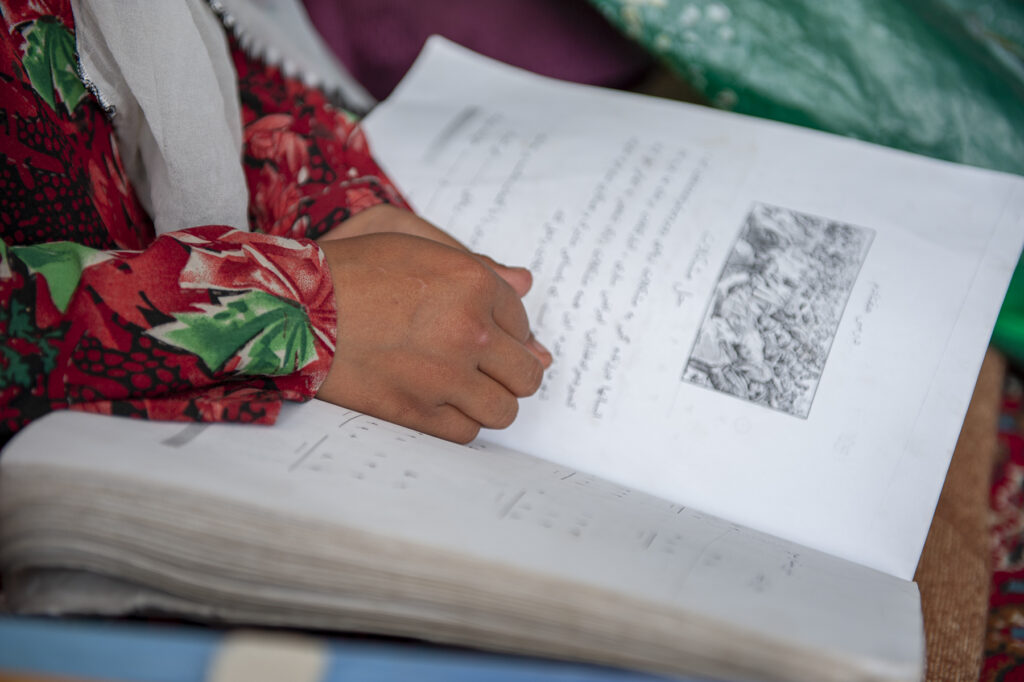
October 11 2021 is recognised as The International Day of the Girl. Since September 17 there has been a de facto ban on access to education for girls living in Afghanistan. They have not been welcomed back to their schools.
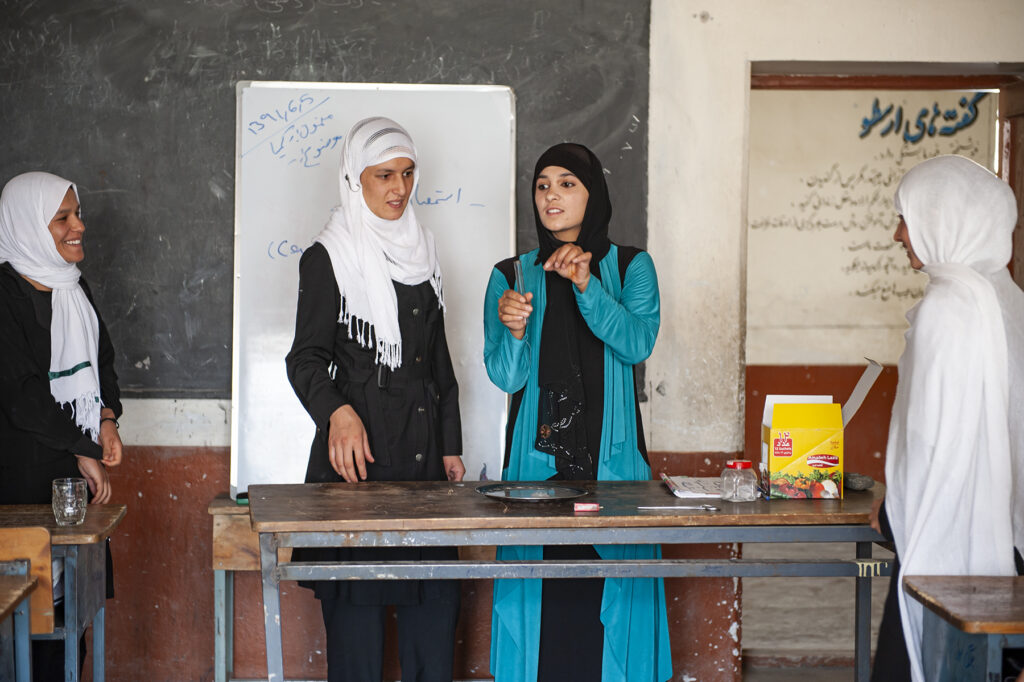
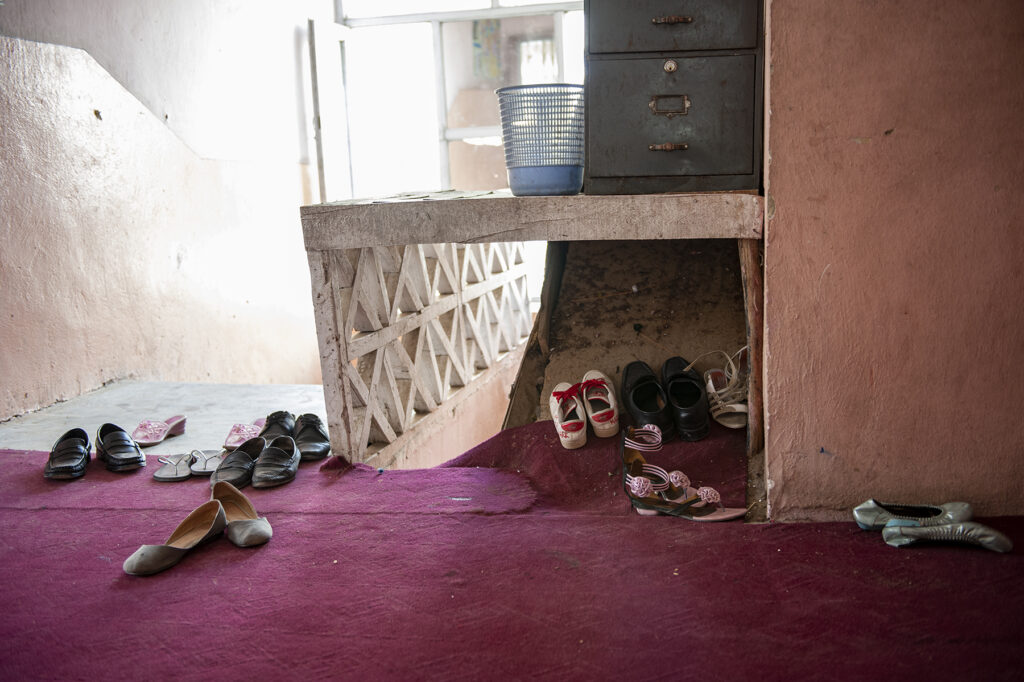
“Nowhere else in the world does a government impose policies that systemically deny education
to women and girls to an extent this discriminatory. The Taliban is yanking Afghanistan in the opposite direction at a time when the rest of the world is recognizing that countries do not thrive without access to good education for everyone –boys and girls,” said Lauryn Oates, Executive Director of CW4WAfghan, adding, “We are seriously concerned for the girls and women of Afghanistan, but also for the country as a whole, which will suffer economically and socially as a result of the denial of the equitable right to education.”
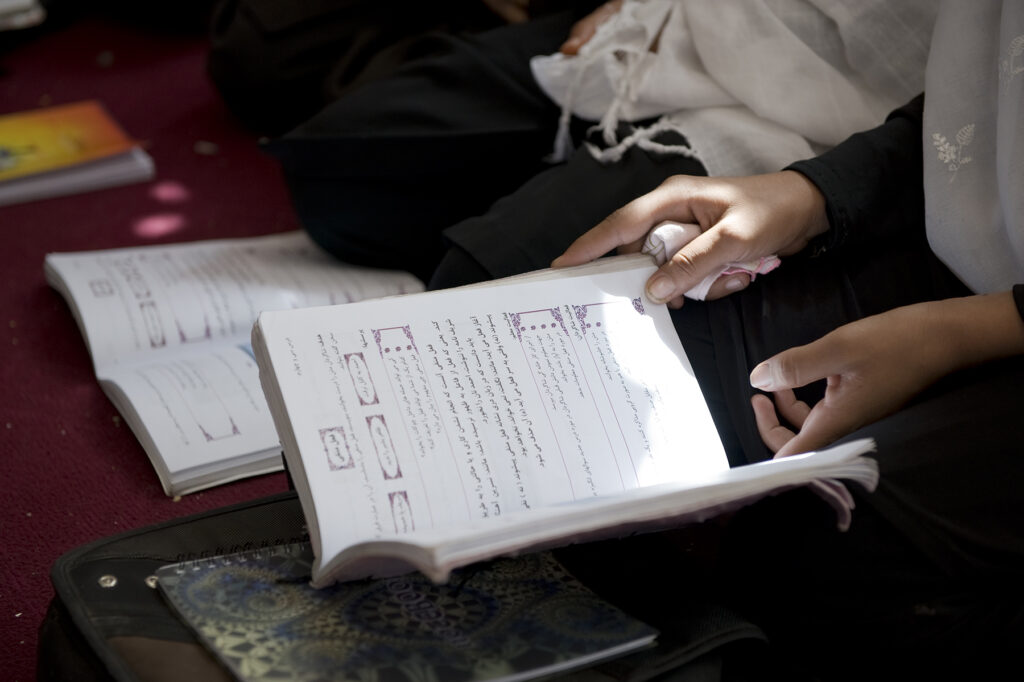
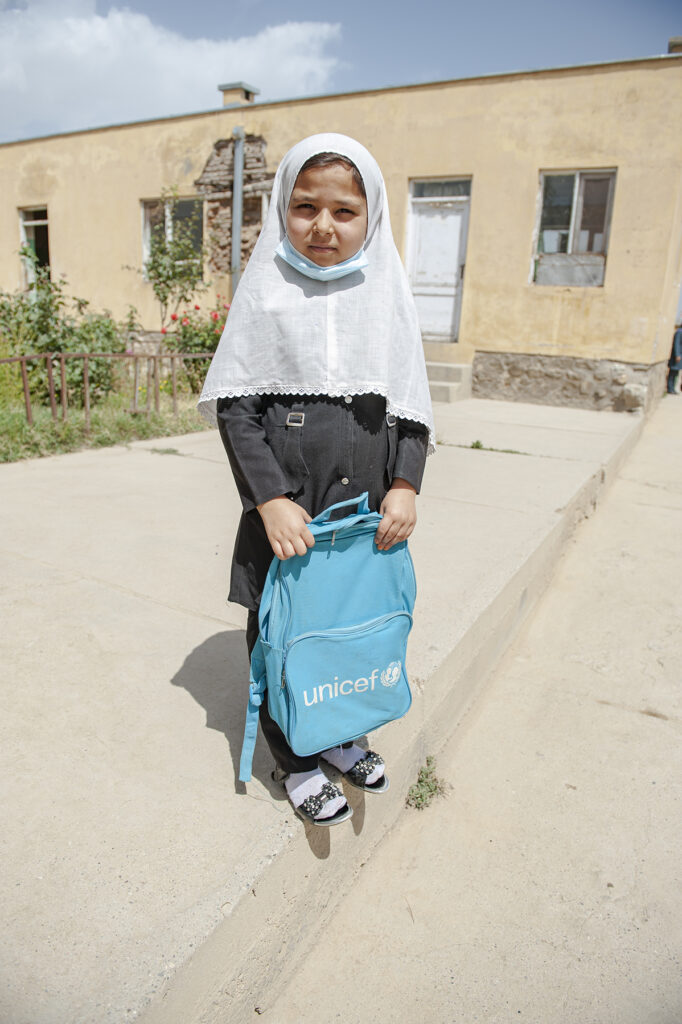
● Between 2001 and 2016, school enrolment for girls rose from almost zero to more than 37%
● Afghanistan has among the youngest populations in the world, and adolescent girls make up nearly 13% of the total population
● This means upwards of 5 million adolescent girls could be affected by the current ban on secondary education
● In 2020, record numbers of female students took Afghanistan’s university entrance exam
● In 2020 and 2021, it was female students who topped the university entrance rankings nationally
● Each additional year of schooling that a girl receives increases her earning capacity by 3.9% in future wages and improves health outcomes for her and her children; educating girls provides whole society benefits, including poverty reduction and climate resilience.
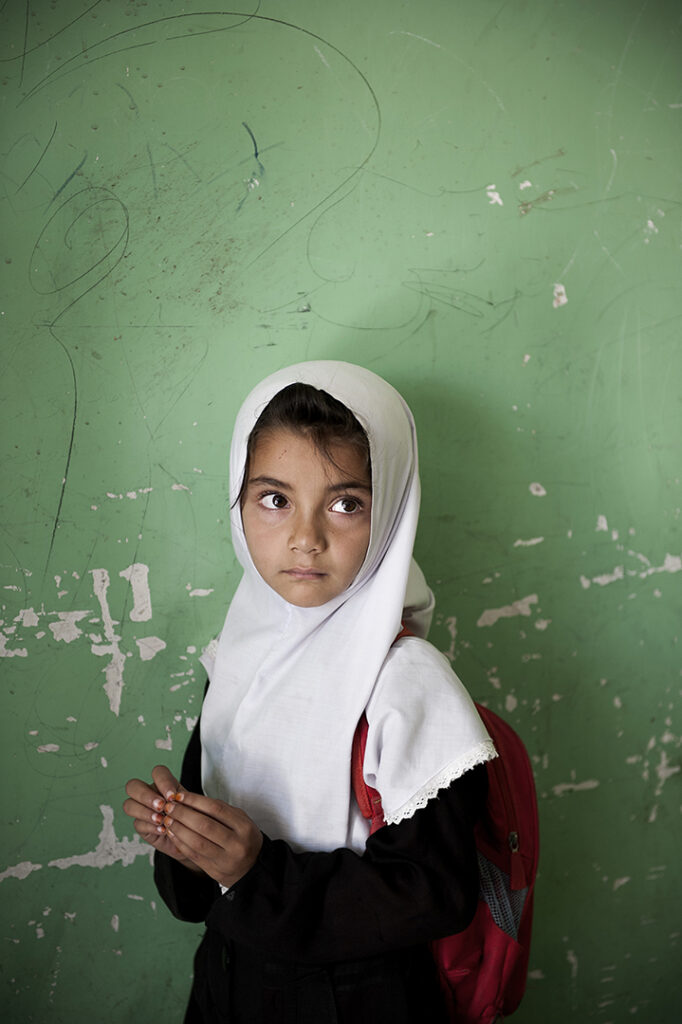
Have a look at some ways CW4WAfghan of supporting the girls in Afghanistan https://cw4wafghan.ca/human-
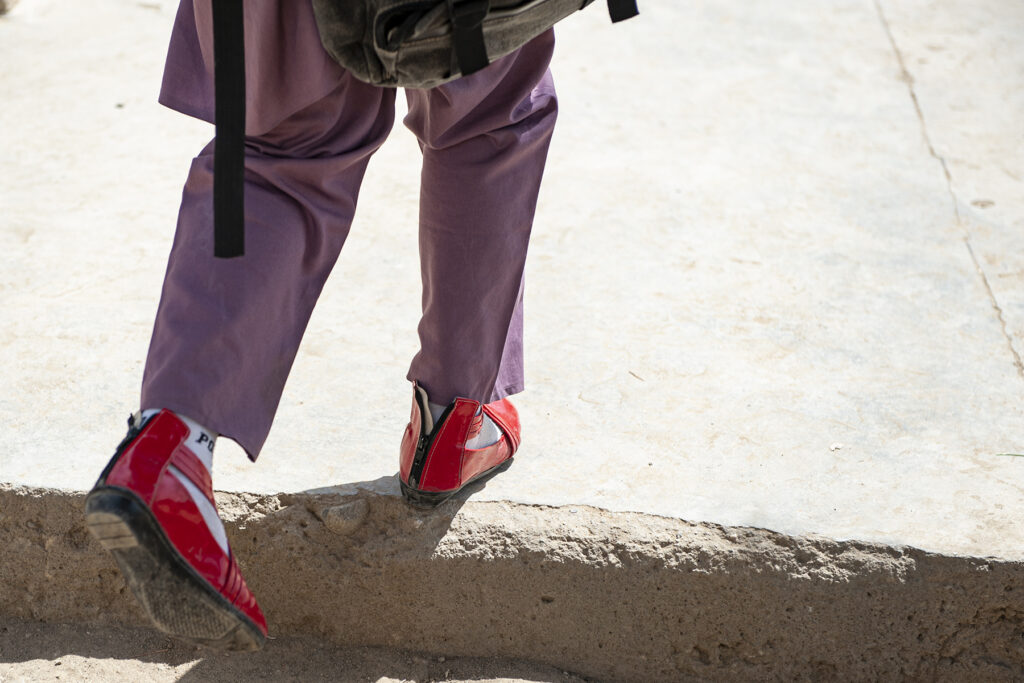
Additional photos can be seen at Kabul Days

